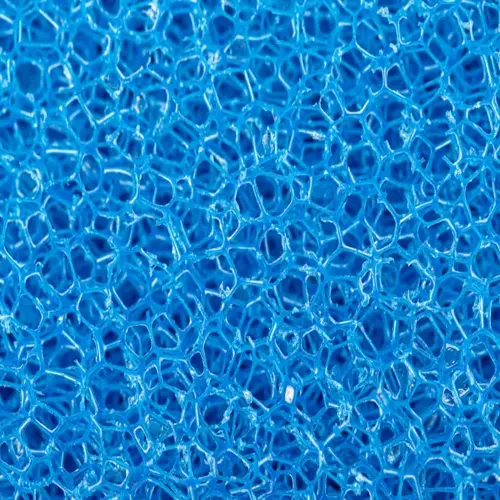Are nitrate levels above 40 ppm dangerous?

Written by
Kailani Okoro
Reviewed by
Prof. Henry Webster, Ph.D.An aquarium with>40 ppm nitrate poses chronic health risks to its inhabitants. Although less poisonous than ammonia or nitrite, prolonged exposure is always detrimental to the fish's immune system and organ function. In my experience cycling Guppies in 50 ppm nitrate water, these fish showed signs of recurring infections.
Long-term nitrate toxicity acts on animals through many biological mechanisms. Fish have a diminished production of red blood cells, which results in a condition similar to chronic fatigue. The reproductive apparatus is weakened, resulting in breeding failures. Invertebrate animals, such as shrimp, exhibit defective molting. Corals exhibit diminished growth.
When nitrogen levels exceed 40 ppm in aquaria, it is evident that the ecosystem is falling apart; algal blooms and coatings cover surfaces, blocking light. Beneficial bacterium populations also diminish, the fish contract ich disease and fin rot. Until I conquered the nitrogen, my planted tank suffered from continual black beard algae.
Routine Maintenance
- Weekly 25% water changes
- Vacuum substrate during changes
- Clean filter media monthly
- Test nitrates biweekly
Biological Controls
- Add fast-growing live plants
- Use nitrate-reducing filter media
- Introduce denitrifying bacteria
- Maintain proper stocking density
Emergency Reduction
- 50% water change immediately
- Add nitrate-absorbing resins
- Increase surface agitation
- Reduce feeding for 48 hours
Prevent nitrate build-up through a limited feeding scheme. Overfeeding is the main cause of nitrate peaks. Feed only what the fish will consume in two minutes. Remove any uneaten food promptly. I was able to cut my nitrates by 30% with strict portion control.
Adapt nitrate limits species sensitivity. Discus and tetras need less than 20 ppm. Marine invertebrates need under 10 ppm. African cichlids can withstand 40 ppm. Research your occupants specifically, rather than basing it on accepted limits.
Check nitrates weekly with liquid test kits for accuracy, as strips often show false lows. Record results to find trends to follow. My nitrate log showed spikes with vacation feedings. Solve the cause, not just treat the symptoms.
Read the full article: Understanding Aquarium Water Parameters

